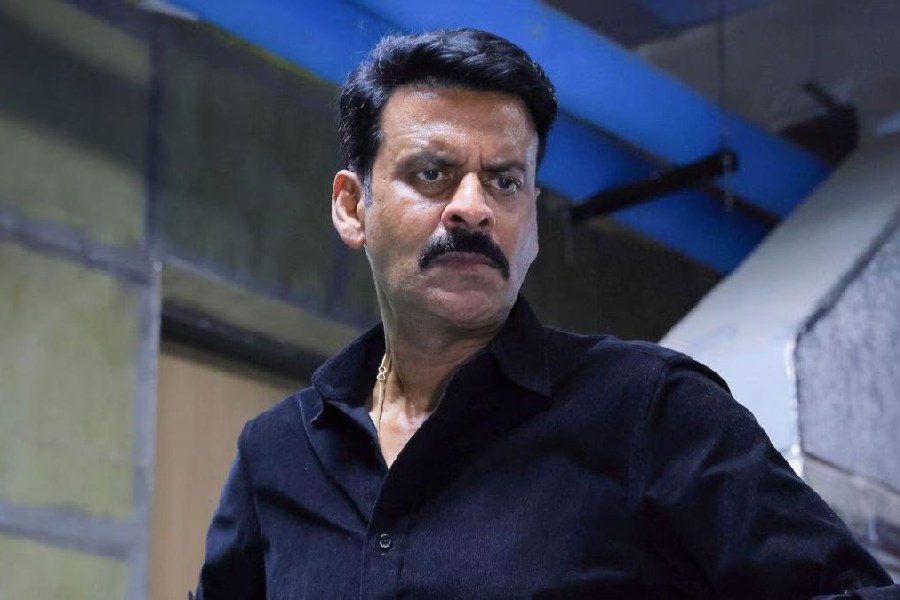
The centenary of World War I has brought in its wake a discourse over acknowledging the contributions of Indian soldiers who had volunteered to fight for the Allied forces as part of the British empire.
The hardships and sacrifice of the soldiers, so far largely unacknowledeged, has been highlighted in Shrabani Basu's book For King and Another Country: Indian Soldiers on the Western Front 1914-18. The book remembers the soldiers who fought someone else's war in conditions extreme, alien and dangerous.
<,>At the launch of the book at Oxford Bookstore on Tuesday, chief guest Rakhi Sarkar, director of CIMA, said: "Shrabani has emerged as an important author, chronicling some of the most exciting yet relatively hidden accounts and personalities of history, highlighting little known actors who are often lost in historical discussions and popular discourse. For King and Another Country is a valuable document for all military historians, sensitive and objective in its portrayal of tensions among Super Powers and the thousands caught in their affairs."
After the book was unveiled, writer and commentator Ruchir Joshi quizzed Basu on her picking of the World War I as the subject. "The 100-year commemmoration of World War I was approaching and there were hundreds of books in the West but nobody was writing about the Indian soldiers. One million of them had crossed the kaala paani to fight alongside the British. So there was a bit of anger and the urge of story-telling that prompted me to write For King and Another Country," the author said.
It took her two-and-a-half years of research and travel to graveyards and trenches to write the book. "I was surprised and saddened to find that Americans remembered their soldiers, the Australians remembered their soldiers but these Indian soldiers were forgotten. They were mostly peasants, illiterate villagers in Punjab who chose to fight the war for Rs 11, a uniform and three meals a day," Basu said.
The book narrates tales of the sabre-rattling Maharaja as well as the footsoldiers who belonged to different religions. "There were Hindus and Muslims and then there were caste differences too. Hindus wouldn't have anything to do with Muslims, and Muslims likewise. There had to be separate slaughterhouses, cooks, cleaners, grooms and curries that reached the frontline," narrated the author.
The book is replete with funny tales - such as how a soldier was granted his wish of playing a flute after much hunting for the musical instrument by the Comfort Council - as well as heart-rending anecdotes of Indian soldiers being gassed by the Germans. "They were fighting in the front without protection. They were told to urinate in their turbans and press that on their faces as prevention against the gas," the author said.
Basu recounting the tale of Bengali lad Indralal Ray, or Ladie Ray, who was born in Calcutta, studied at St. Paul's School and got into Oxford University before joining the Royal Line Corp as a pilot. "His plane was shot down and he was mistaken for the dead and taken to the morgue. Imagine, him banging the door of a French morgue. He was sent back. So he flew again and he was India's first flying ace. He took down eight to nine planes and was awarded the Distinguished Flying Corp at the age of 19," Basu said.











